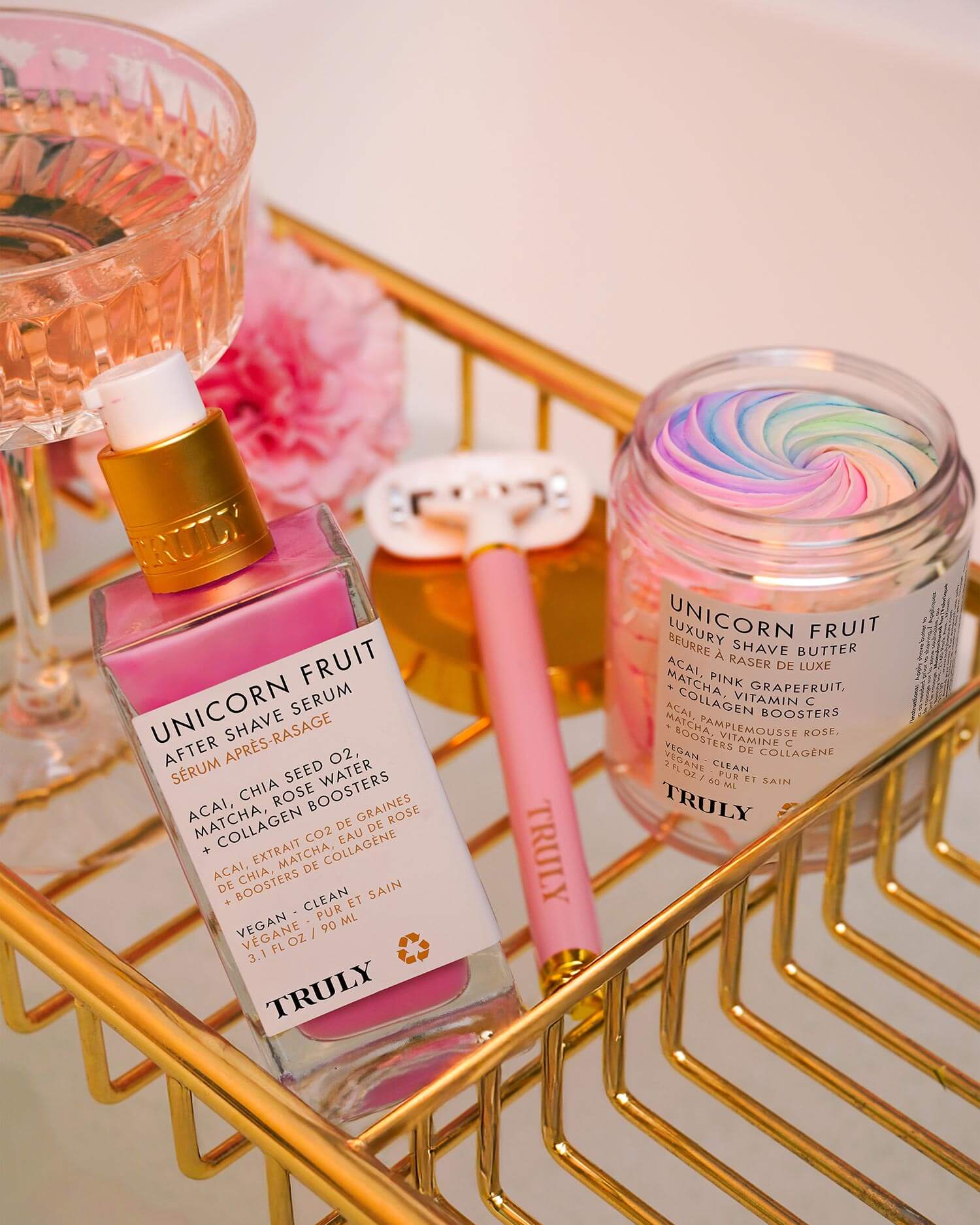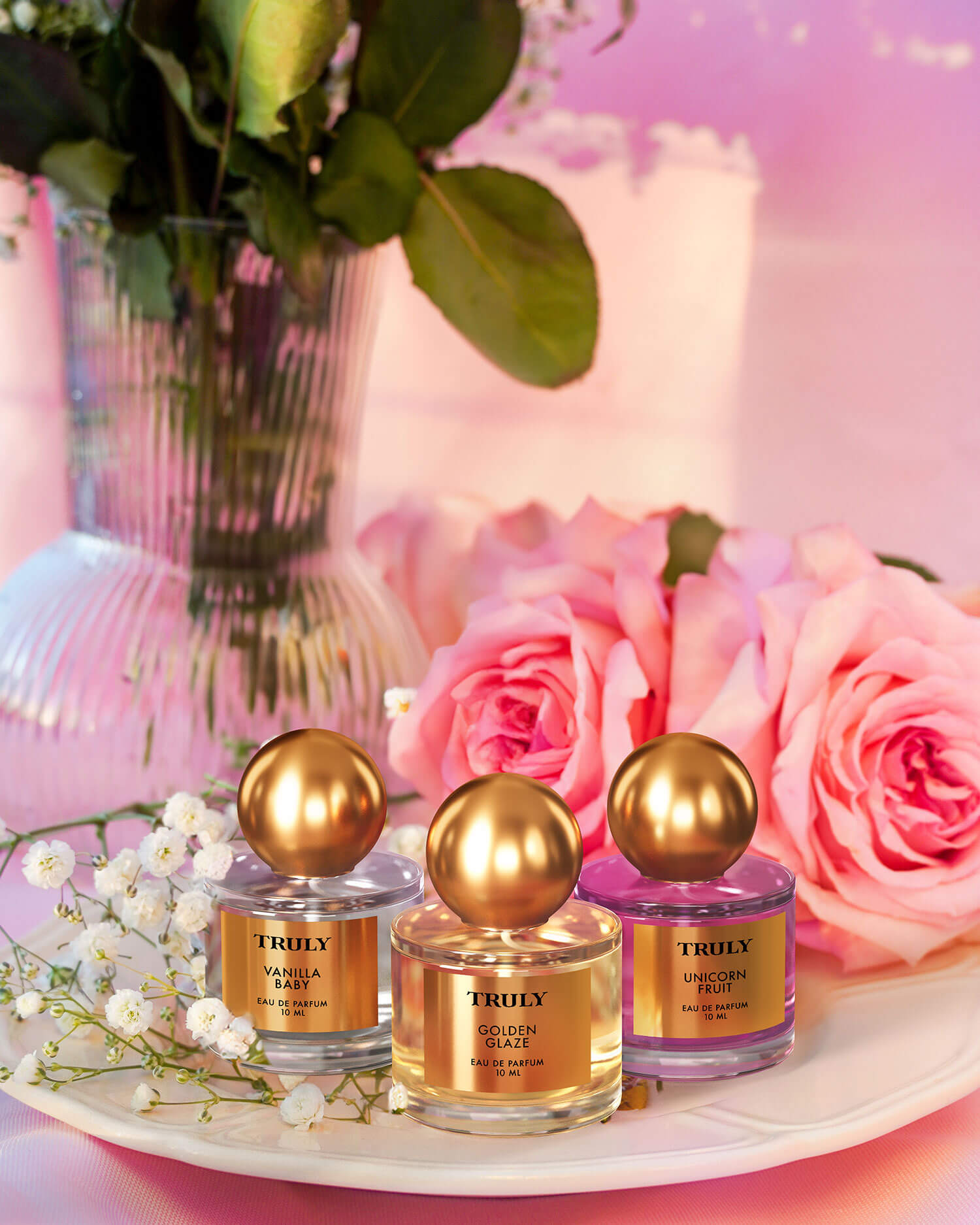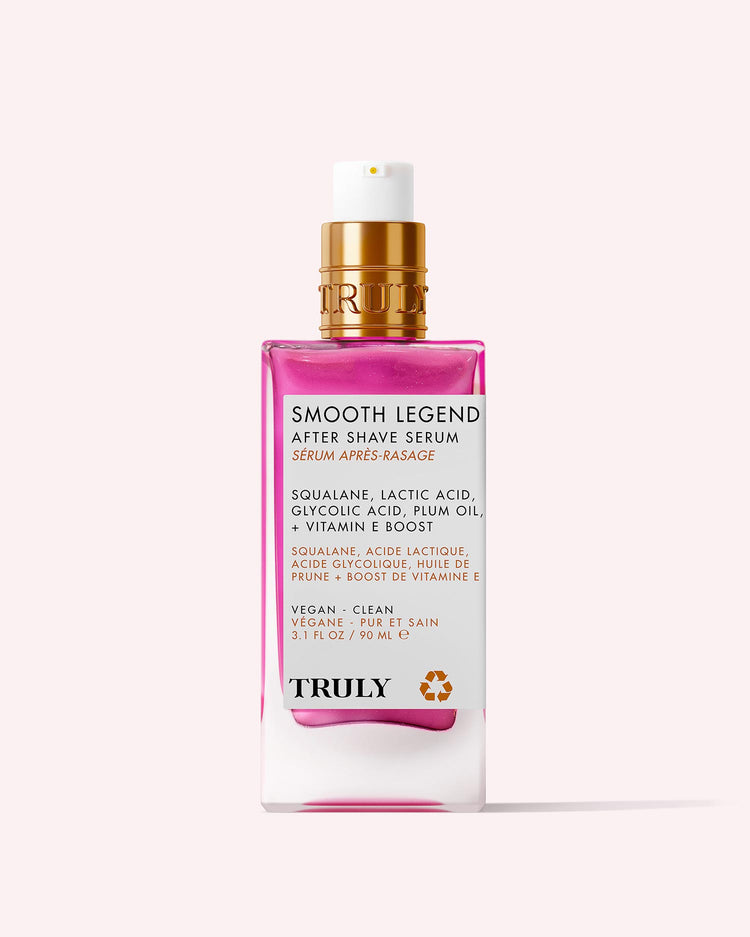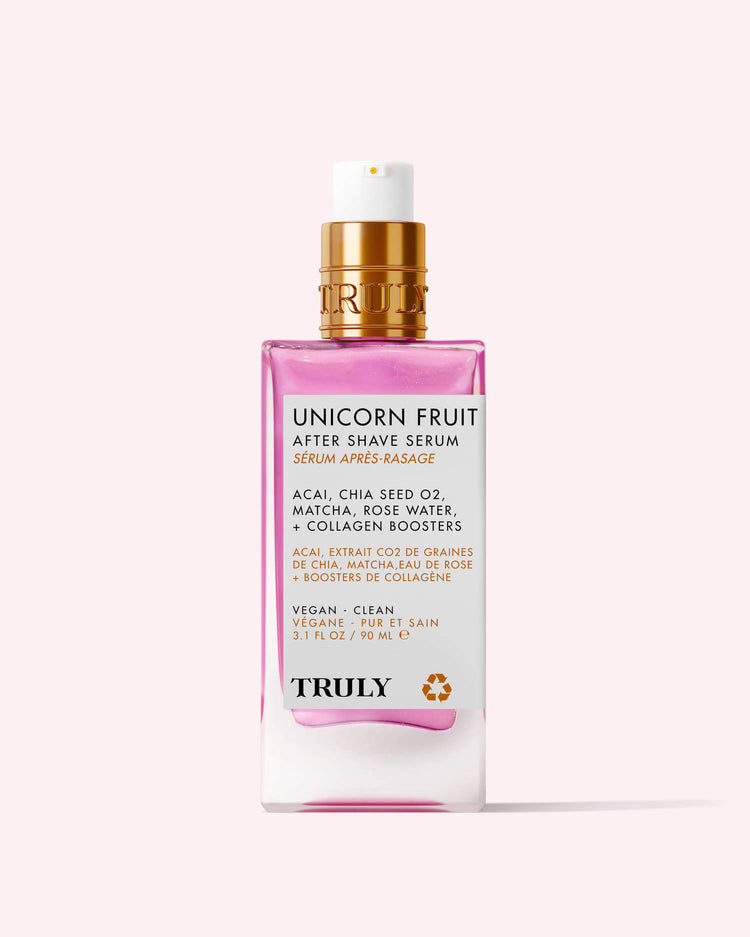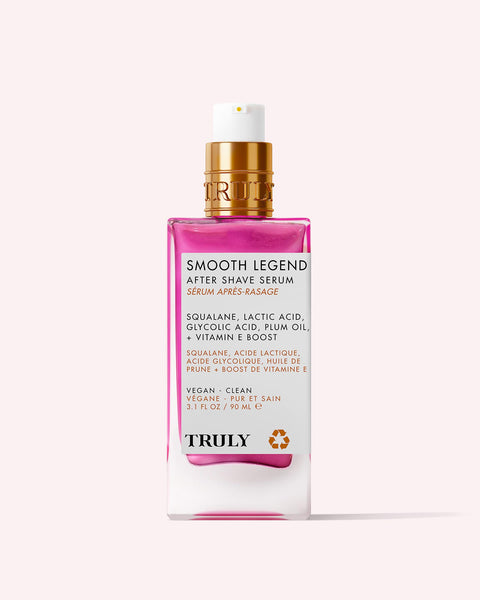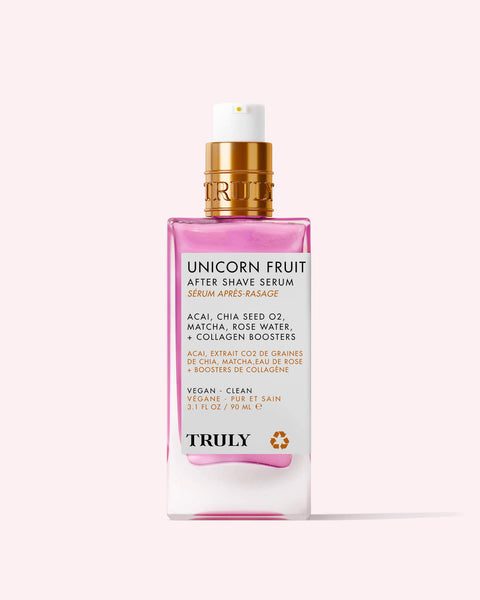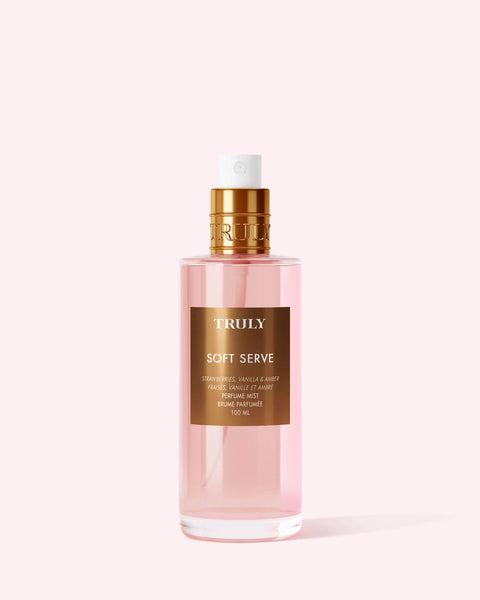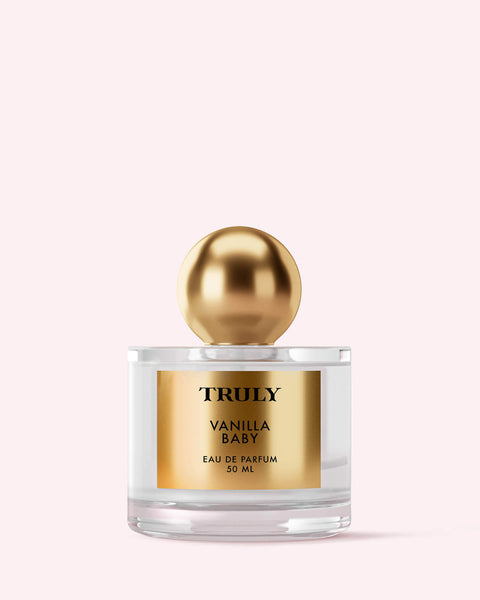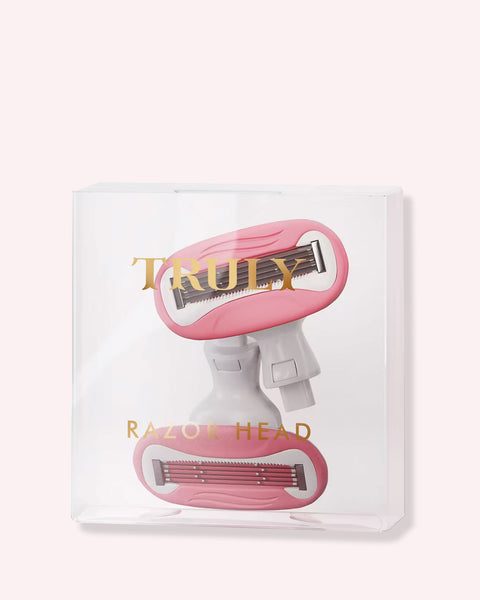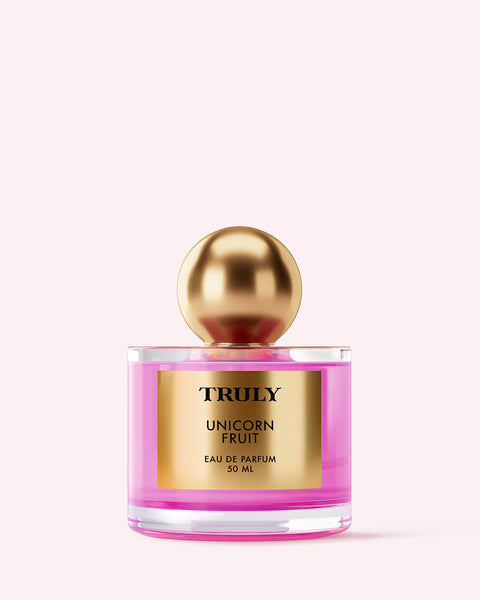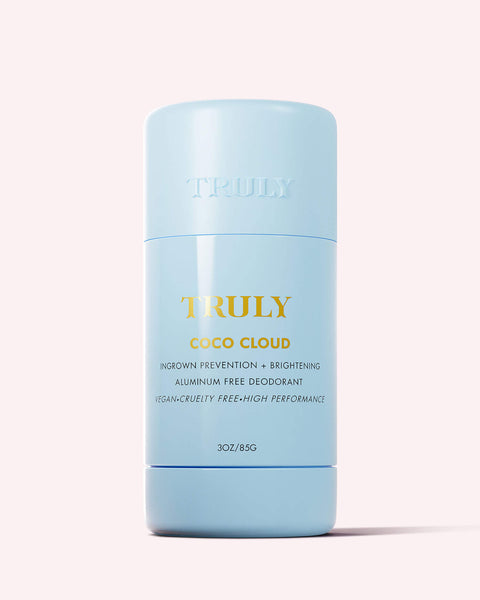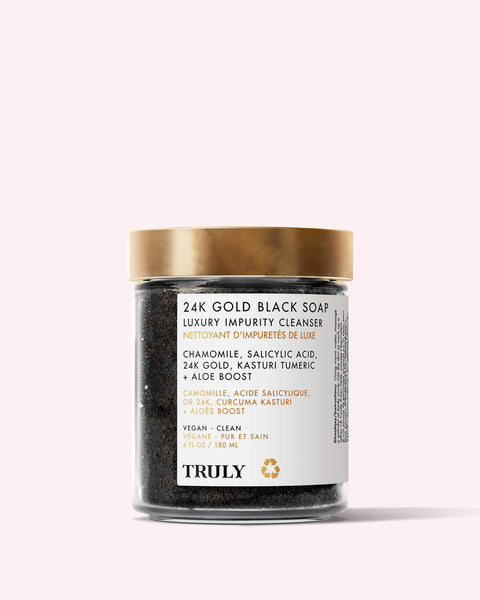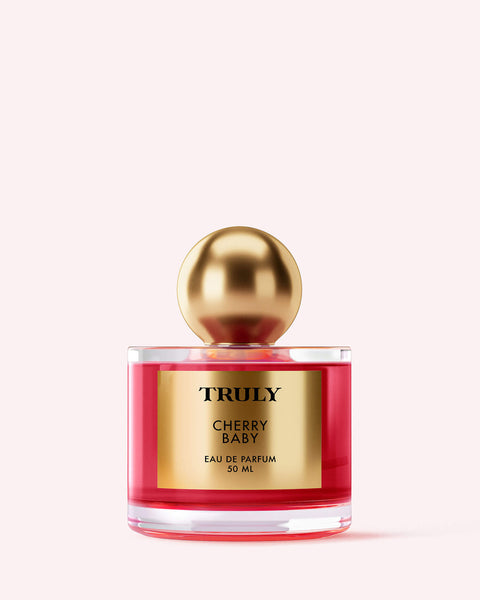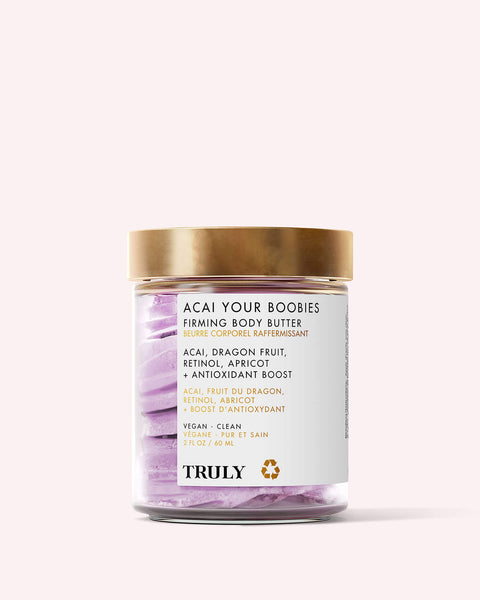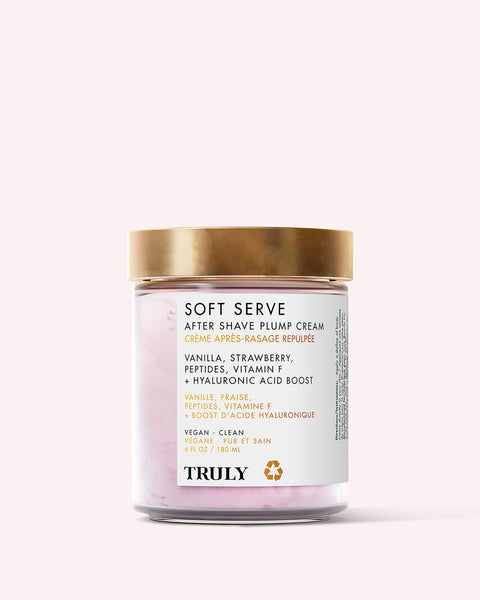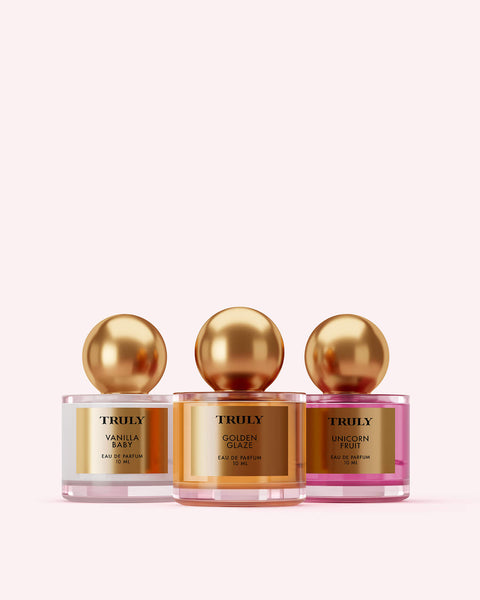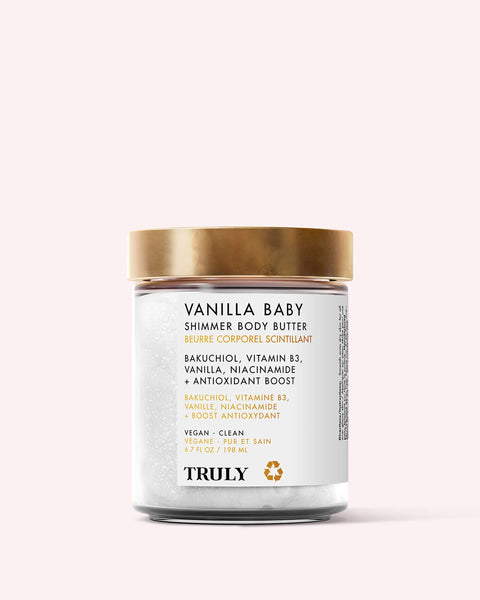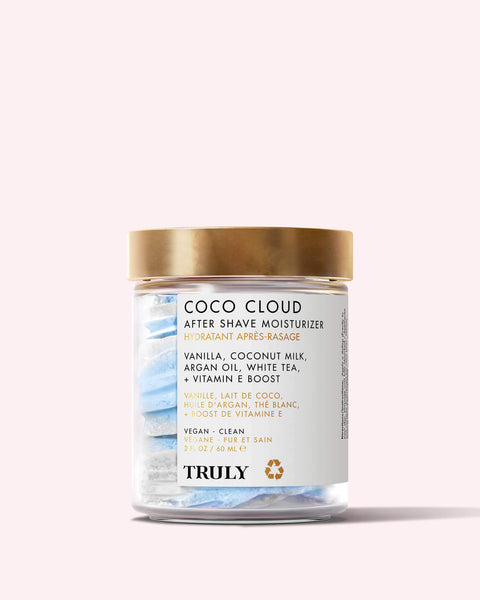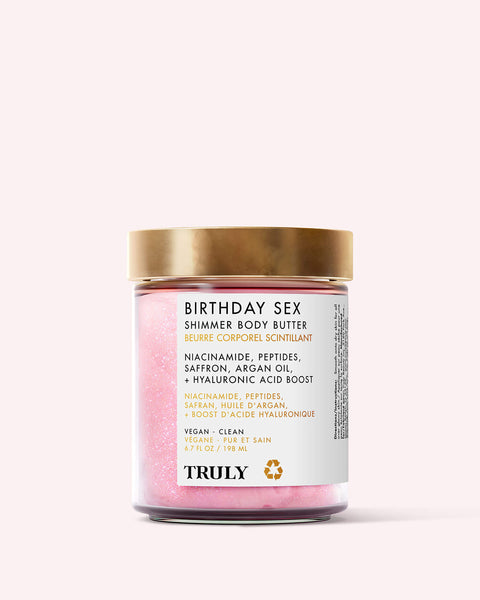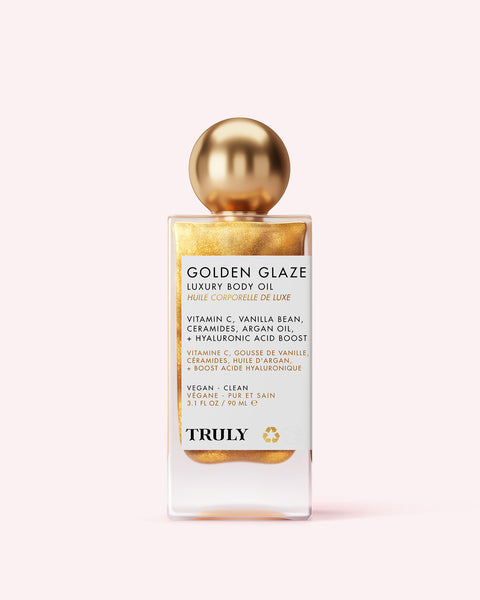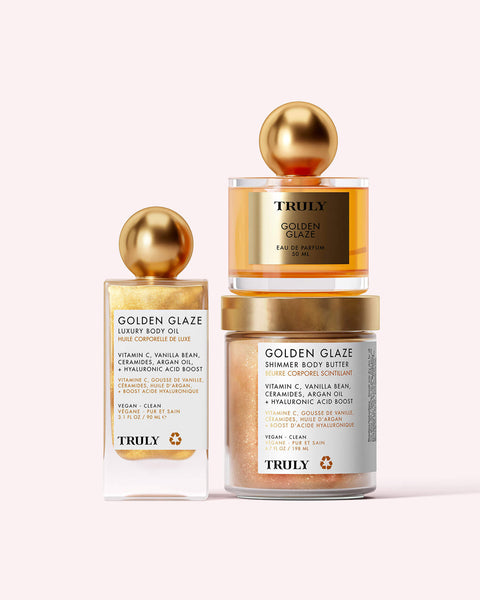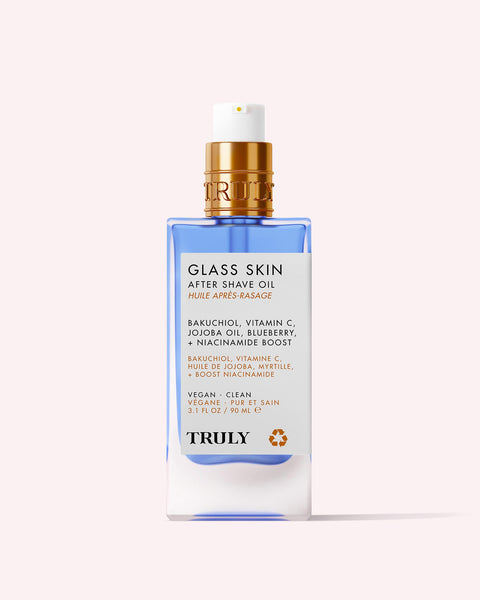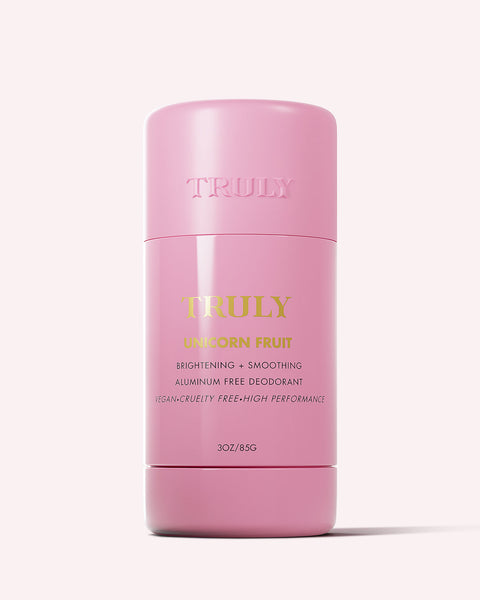The Only Soap You Should be Washing in

African black soap – also known as anago soap, ose dudu, alata samina, or just black soap – may not ring any bells, but it’s actually been used in skincare for centuries. Essentially, it’s a cleanser that exfoliates the skin, delivering a healthy glow without leaving the skin feeling tight and itchy.
Centuries ago, the Yoruba people of Nigeria mixed ash with oil and slathered it on their skin. Since then, it’s become a staple in African skincare for a healthy, vibrant complexion. It’s only now becoming popular in the United States.
With the rise in consumer demand for organic skincare, people are in love with the idea of putting something on their skin that’s 100% natural – and that, African black soap is.
According to research, it also offers a ton of skincare benefits, such as helping with acne, rashes, psoriasis, uneven skin tone, and hyperpigmentation.
Interesting in learning more about African black soap and its effects on the skin? Same! That’s why we did some digging to provide you with the most accurate information about this African skincare elixir.
HOW IS BLACK SOAP MADE?
African black soap isn’t like your regular bar of soap. The process of producing it is much different. Plus, it only contains a few basic ingredients.
According to Erica Douglas, a beauty product formulator, “All African black soap will include an ash from the burning of palm leaves, cocoa pods, shea tree bark, and plantains, plus moisturizing oils like palm oil, coconut oil, and shea butter.”
It’s the vitamin-rich ash that sets it apart from other soaps. You could say it’s the magical ingredient that enables black soap to clean the skin, while soothing irritation and warding off acne.
The dry ingredients are sun-dried and roasted, before water and oils are added. Then the soap is left to cure.
African black soap is traditionally pure without any artificial ingredients. That’s what makes it perfect for sensitive skin types, as you won’t feel any tingling or experience and redness while using the soap.
BENEFITS OF AFRICAN BLACK SOAP
It Helps Get Rid of Dead Skin Cells
African black soap is effective for cleansing the skin of dirt, oil, and bacteria, while simultaneously sloughing away dead skin cells. It’s a great daily cleanser for keeping your skin clear and bright – and primed for the following steps of your skincare routine. Best of all, it will make the products that follow work harder by proving a clean and polished base.
It Soothes and Moisturizes the Skin
Thanks to its combination of shea butter and oils, African black soap can help moisturize the skin, reduce inflammation, and ease itching. That’s because shea butter mimics the skin’s natural oils, offering a hydrating effect, and vitamin E helps repair the skin’s lipid barrier, quenching the complexion.
The soap can also help ease eczema and psoriasis, calm blemishes, and reduce razor bumps.
In a study published in the Journal of Clinical and Aesthetic Dermatology, 91% of black soap users noted that they found the product helpful for their skin conditions.
It Lessens Dark Spots
The soap’s vitamin A and E content means the soap can prevent and treat any discoloration of the skin, including dark spots and even acne scars. That’s because vitamin E is packed with antioxidants that prevent dark patches from appearing in the first place. As for vitamin A, studies show it can stimulate cell turnover, resulting in an improved, even skin tone.
It Works for Every Skin Type
Owing to its natural recipe free of fragrances, dyes, and perfumes, African black soap is suitable for all skin types – especially sensitive skin and those allergic to certain fragrances and additives. It can also help balance oily skin, without drying it out.
It Fights Acne
According to a questionnaire-based study in which 100 users of black soap were questioned about their attitudes on the product, 23% use it as an acne treatment.
This is probably down to its ability to remove dirt and oil from deep beneath the skin, keeping the skin clean and preventing breakouts from occurring.
It’ll Make You Look Younger
While there’s not a whole lot of evidence to justify its anti-wrinkle properties, research shows that participants use black soap to reduce fine lines and wrinkles.
Then again, African black soap is loaded with antioxidants which could potentially treat and prevent fine lines and wrinkles, and protect against damaging free radicals.
HOW TO USE BLACK SOAP
You can use African black soap on both the face and body. However, it’s a good idea to dilute it before applying it to your face to prevent any irritation.
For best results, lather the soap up in your hands and apply only the foam to your skin. If you’re using the organic formula, check for any particles of tree bark that could scratch the skin before applying. Massage the lather into your skin, then wash and rinse well with cool water. Follow up with your favorite moisturizer and sunscreen.
To prevent any irritation, do not leave the soap on your skin for longer than 5 minutes. Also, if you’re caffeine-sensitive, try testing the soap on the inside of your arm to make sure it doesn’t leave your skin inflamed.
Black soap can be used daily and is great for removing makeup.
SHOP AFRICAN BLACK SOAP
TRULY 24K GOLD BLACK SOAP IMPURITY CLEANSER
For a unique blend of black soap and 24k gold, Truly’s formula is a must-try. It combines two of the most popular skincare trends to create a nourishing, invigorating, impurity-killing cleanser that hydrates and cleanses.
Besides African black soap and 24k gold, it also contains charcoal, turmeric, and chamomile to calm your skin and reduce redness.
Together, all these high-performing ingredients cleanse the skin of impurities, restore elasticity, stimulate cellular growth, and fade skin discoloration.
For best results, apply to wet skin and massage in circular motions before rinsing thoroughly. Use 2-3 times per week to keep your skin looking fresh and dewy.
